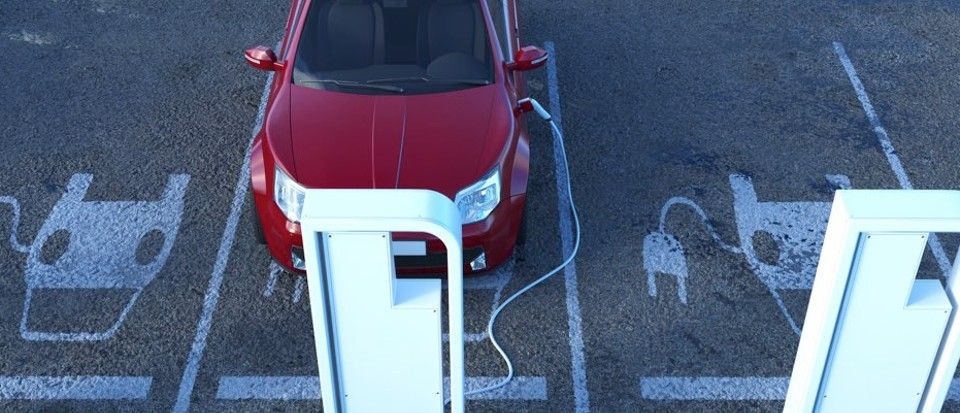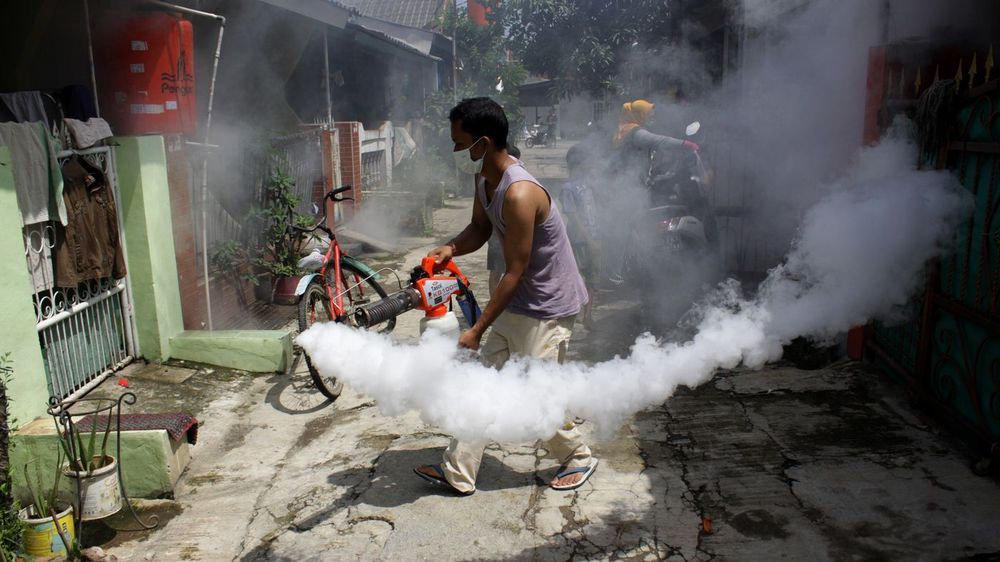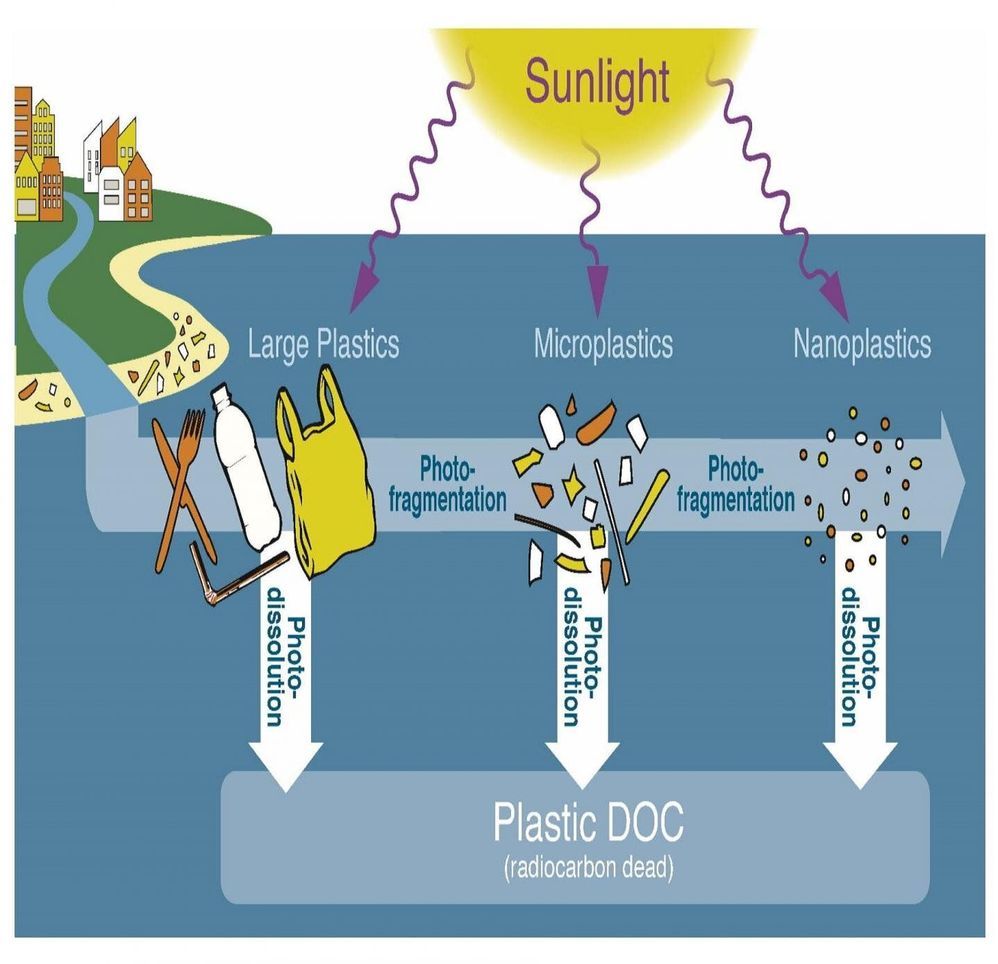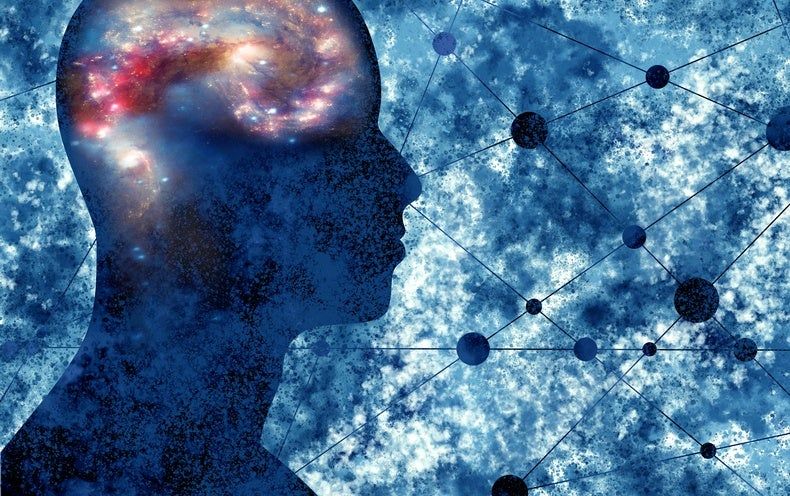Page 7926
Nov 7, 2019
New battery tech could help electric cars charge in just 10 minutes
Posted by Genevieve Klien in categories: sustainability, transportation
The speed at which current lithium-ion batteries can be charged is limited by a phenomenon known as lithium plating – the build-up of metallic lithium on the battery’s positive electrode – that happens when they take on charge at an accelerated rate. This severely reduces the battery’s life.
Nov 7, 2019
There’s A Promising New Vaccine For One Of The World’s Top Health Threats
Posted by Genevieve Klien in categories: biotech/medical, health
Scientists Announce Promising New Dengue Vaccine : Goats and Soda Dengue afflicts nearly 400 million people worldwide every year, but a vaccine has remained elusive. New research offers a path forward.
Nov 7, 2019
Simulated sunlight reveals how 98% of plastics at sea go missing each year
Posted by Genevieve Klien in categories: food, materials
Trillions of plastic fragments are afloat at sea, which cause large “garbage patches” to form in rotating ocean currents called subtropical gyres. As a result, impacts on ocean life are increasing and affecting organisms from large mammals to bacteria at the base of the ocean food web. Despite this immense accumulation of plastics at sea, it only accounts for 1 to 2 percent of plastic debris inputs to the ocean. The fate of this missing plastic and its impact on marine life remains largely unknown.
It appears that sunlight-driven photoreactions could be an important sink of buoyant plastics at sea. Sunlight also may have a role in reducing plastics to sizes below those captured by oceanic studies. This theory could partly explain how more than 98 percent of the plastics entering the oceans go missing every year. However, direct, experimental evidence for the photochemical degradation of marine plastics remains rare.
A team of scientists from Florida Atlantic University’s Harbor Branch Oceanographic Institute, East China Normal University and Northeastern University conducted a unique study to help elucidate the mystery of missing plastic fragments at sea. Their work provides novel insight regarding the removal mechanisms and potential lifetimes of a select few microplastics.
Nov 7, 2019
Celebrating Two Women In Science — Marie Curie And Lise Meitner
Posted by Genevieve Klien in categories: chemistry, life extension, science
Both Marie Curie and Lise Meitner, the only two women to be immortalized on the Periodic Table, celebrate the same November 7 birthday. Here are more reasons why they’re remarkable.
Nov 7, 2019
This Intelligent Microrobot Bird Could Navigate Through Blood Stream And Kill Cancer Cells
Posted by Genevieve Klien in categories: biotech/medical, futurism
Nov 7, 2019
10 Ways Humans Will Become Immortal by 2050
Posted by Tanvir Ahmed in categories: cryonics, life extension
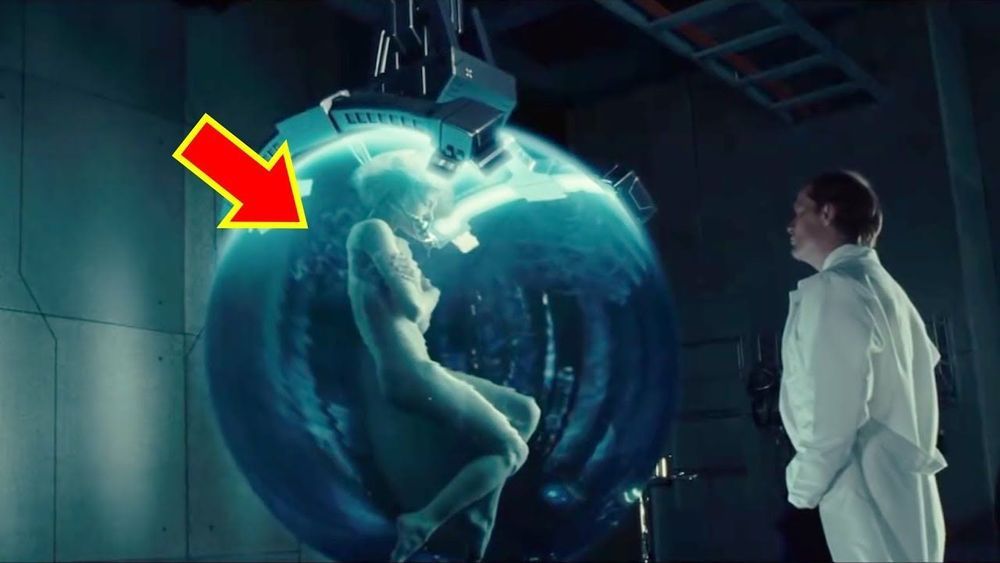
From Cryonics To Living In Android Bodies here are 10 Ways Humans Will Become Immortal by 2050.
#Technology #Science #Immortal
Nov 7, 2019
Left-handed women’s quirk over sense of smell
Posted by Paul Battista in category: neuroscience
Some can smell normally despite missing the part of the brain which science says is crucial.
Nov 7, 2019
Building a Computer Like Your Brain
Posted by Derick Lee in categories: business, computing, mapping, neuroscience
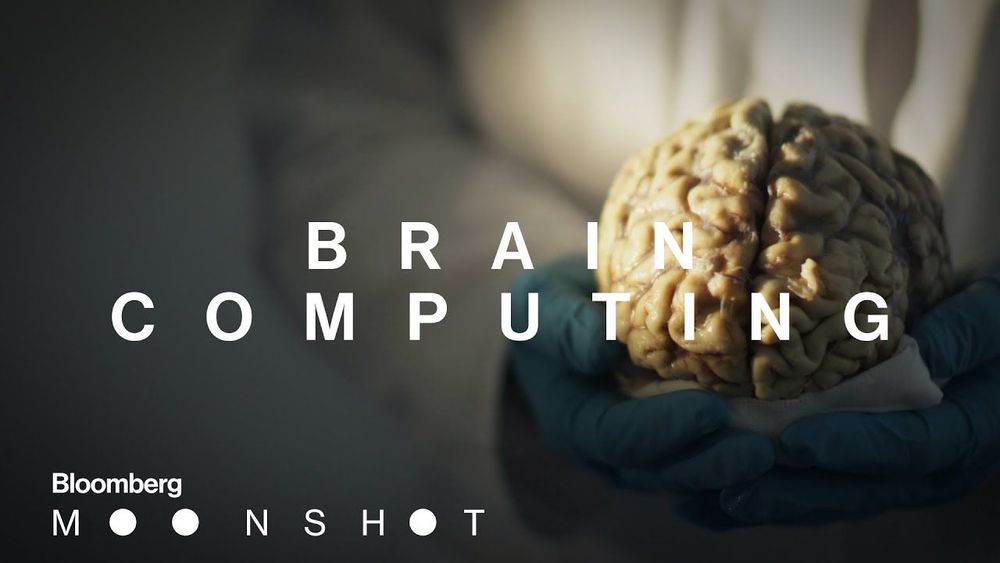
Our brain has 86 billion neurons connected by 3 million kilometers of nerve fibers and The Human Brain Project is mapping it all. One of the key applications is neuromorphic computing — computers inspired by brain architecture that may one day be able to learn as we do.
#BloombergGiantLeap #Science #Technology
Nov 7, 2019
Cosmos, Quantum and Consciousness: Is Science Doomed to Leave Some Questions Unanswered?
Posted by Paul Battista in categories: neuroscience, quantum physics, science
Physicists, philosophers debate whether research can ever solve certain mysteries of the universe—and the human mind.

